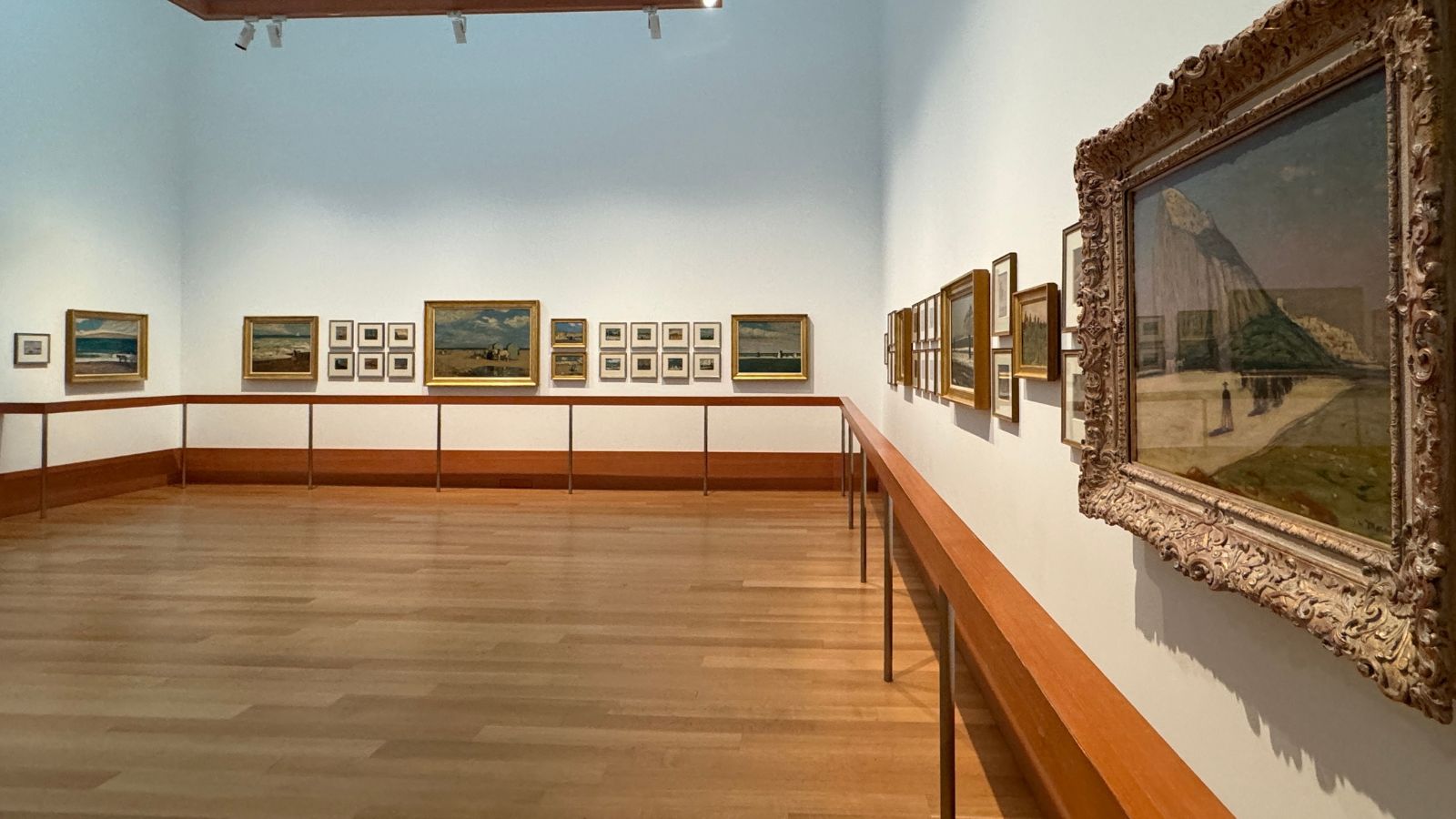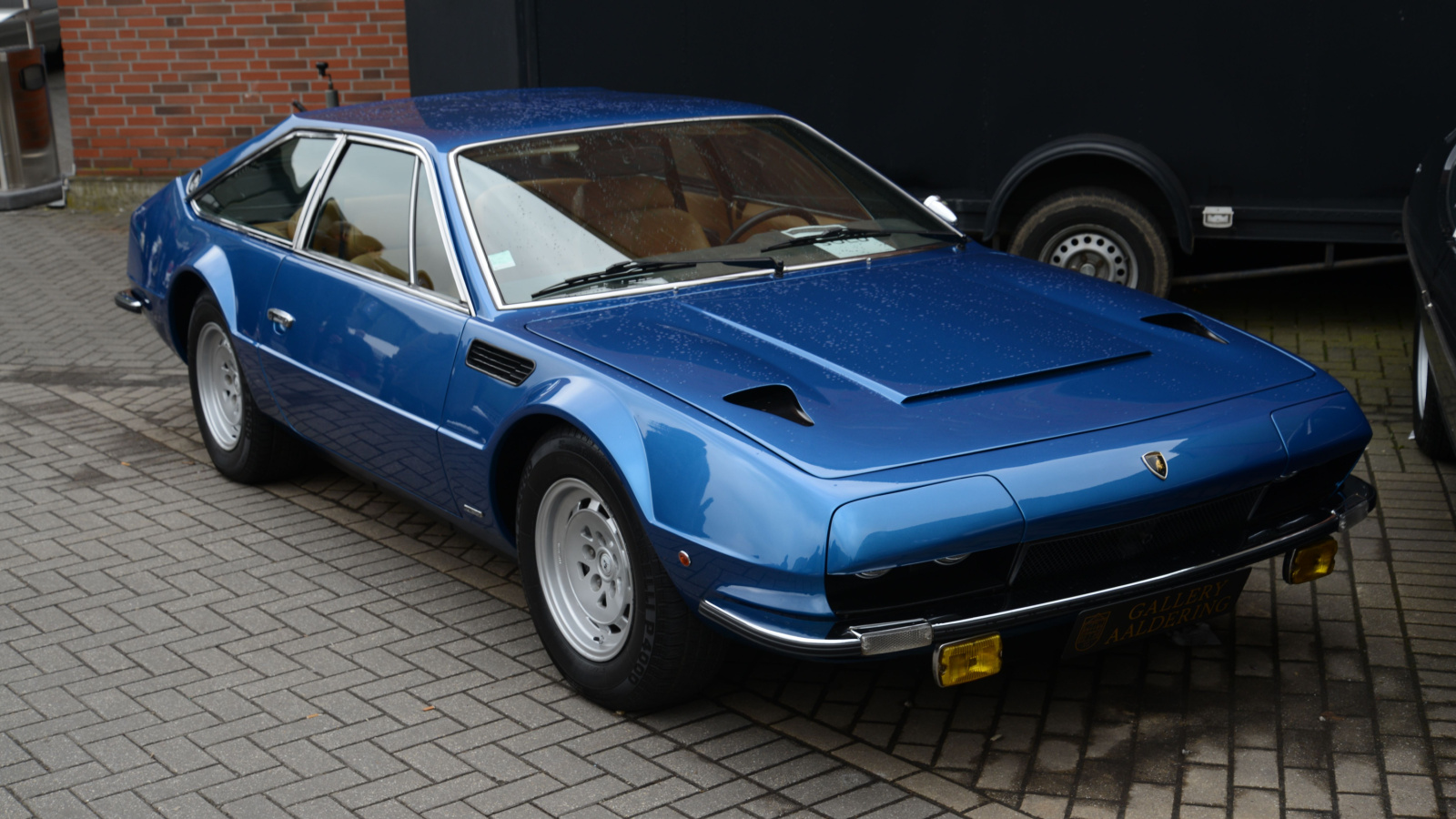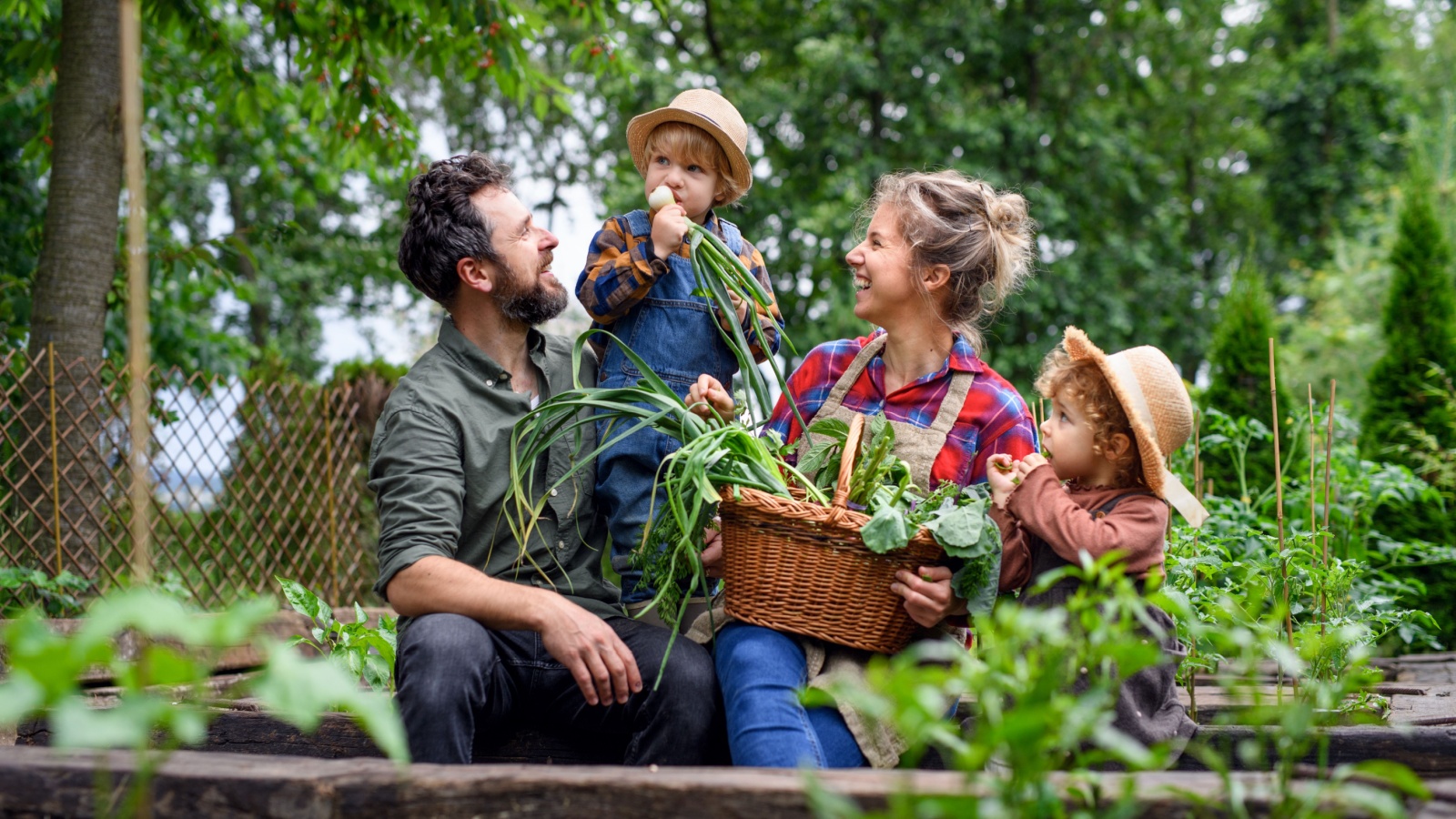In Canada, wealth whispers. True “old money” style isn’t about brands or bank accounts. From Montreal’s historic mansions to Toronto’s private clubs and Victoria’s heritage estates, the same principles hold: elegance is earned, not advertised. Old-money Canadians never chase trends; they perfect habits. They choose quality over quantity, timeless over trendy, grace over noise. Whether it’s the way they dress, entertain, or invest, their style speaks softly but commands attention. Here are 17 old-money style moves that still work north of the 49th.
Buying Fewer, Better Things

Old money chases longevity. Canadians who understand quiet wealth invest in pieces built to outlast seasons — a tailored coat, solid wood furniture, sterling flatware. Each purchase carries purpose, not impulse. They repair what others replace. A cobbler is worth more than a clearance rack. Their wardrobes age gracefully, acquiring patina instead of expiration dates. In Canada, this philosophy fits perfectly, built for our climate and temperament.
Speaking Softly

You’ll never hear old money shout. Their confidence is measured, their tone calm, their words chosen carefully. In Canada, this restraint reads as grace, not arrogance. They don’t interrupt. They don’t overshare. Their pauses carry more meaning than another person’s speech. Silence, well-placed, becomes presence. In boardrooms, dinner tables, or charity galas, they command attention by not demanding it.
Investing Quietly

Canadian old money treats investing as stewardship, not sport. They diversify patiently — blue-chip stocks, municipal bonds, heritage real estate — then let compounding work quietly in the background. They rarely discuss money in public. “We did well last year” might mean a generational windfall. No boasting, no crypto hype, no panic selling. They measure success in decades, not days. This discretion builds trust and stability. Their portfolios reflect discipline.
Hosting with Effortless Warmth

Old-money Canadians understand entertaining is about comfort, not performance. They curate guest lists with care, seating new thinkers beside familiar friends. They remember names, dietary quirks, and who prefers Scotch over wine. It’s thoughtful, never showy. Every detail feels effortless — linen napkins, silver polished, music soft enough for laughter to lead. In a culture that values humility, this form of hosting feels quintessentially Canadian: understated, genuine, and quietly unforgettable.
Dressing with Purpose

In Canada’s unpredictable weather, true style comes from function wrapped in finesse. Think cashmere sweaters, wool coats, and well-fitted denim — timeless, neutral, impeccably cared for. Old money avoids loud logos. They choose heritage brands that endure: Smythe blazers, Sentaler coats, Alden shoes, Holt Renfrew tailoring. Everything fits, nothing shouts. Accessories are subtle: Pearl studs, leather gloves, gold watches passed down through generations. Even casual wear feels composed.
Prioritizing Philanthropy

True wealth in Canada is measured in generosity, not luxury. Old-money families view philanthropy as duty. They give quietly, often anonymously, to hospitals, universities, and community projects. Their goal is a ripple effect. They support long-term solutions — literacy, housing, conservation — rather than quick headlines. Legacy trusts and family foundations often operate in their name, though few ever notice. The impact endures because it’s consistent. Their giving is structured, strategic, and deeply local.
Staying Loyal to Service

Old-money Canadians trust relationships. They use the same tailor, lawyer, accountant, and florist for decades. Loyalty breeds quality. They value service built on memory: someone who knows their preferences, children’s birthdays, and personal quirks. This connection ensures every transaction feels human. When they find excellence, they stay. In a disposable age, loyalty itself feels luxurious.
Embracing Modesty in Public

Wealth in Canada tends to hide behind modest homes and quiet routines. The family might live in Rosedale or Rockcliffe, but their car is unflashy, their manners warm. They avoid spectacle. No influencer energy, no grand gestures. They shop local, tip generously, and treat staff as equals. Their comfort comes from privacy, not praise. Inside their homes, however, comfort reigns — old wood, cashmere throws, art with meaning. Nothing staged, everything lived in.
Valuing Education Over Exposure

Old-money families see education as legacy, not leverage. They fund curiosity early — piano lessons, languages, art, debate. Not to show off, but to strengthen character. Canadian old money respects intellect more than title. University choices are thoughtful: McGill for tradition, UBC for vision, Queen’s for leadership. They teach conversation before career. Reading before résumé. A child who can discuss books with empathy is worth more than a flashy business card. In old-money circles, being cultured outshines being seen.
Collecting Art for Meaning

Old-money Canadians collect art the way others collect memories: Slowly, personally, and with purpose. They invest in pieces that speak to place, emotion, and heritage. You’ll find Group of Seven landscapes, Inuit sculptures, and local painters hanging proudly beside family portraits. The value isn’t financial — it’s cultural, emotional, generational. Every acquisition tells a story: where they were, who they met, what they learned. Galleries in Halifax or Vancouver know their faces, but never their names.
Driving Classics

You’ll never see old money revving a Lamborghini through Yorkville or Gastown. Their cars are quiet power: Mercedes diesels, Volvos, Bentleys, or Land Rovers that outlast trends. Some still drive the same sedan their parents bought new. They believe reliability is a luxury and maintenance is pride. The interiors are clean, the trunks hold picnic baskets or boots, never cluttered. For Canadians, where weather tests everything, understated vehicles make sense.
Vacationing Privately

When old-money Canadians travel, it’s never loud. You won’t find them on red carpets in Cannes. You’ll find them fly-fishing near Tofino or reading quietly in Muskoka. They prefer privacy over prestige, familiarity over spectacle. They return to the same cottages, same ski lodges, same European towns, greeted by locals who know their breakfast orders. Vacations aren’t escapes; they’re restorations. Phones stay off, itineraries stay loose, and simplicity reigns — handwritten postcards, linen shirts, local wine.
Practising Discretion in Everything

Old-money Canadians guard their privacy like art. They don’t post renovations, share salaries, or broadcast relationships. Their social circles are loyal, quiet, and long-standing. Discretion isn’t secrecy — it’s respect for peace. They know attention is currency best saved. In conversation, they avoid gossip and politics; in business, they underpromise and overdeliver. Even philanthropy happens quietly, through foundations few people know exist. Their lives feel graceful because they’re lived away from noise.
Living Below Their Means

Wealth that lasts is wealth that breathes. Old-money Canadians spend far less than they earn and invest the rest wisely, often in things that appreciate slowly. Their homes may look modest from the street but are rich in craftsmanship and calm. They shop smart — bespoke when needed, practical always. There’s no debt, no urgency, no excess. They believe money is freedom, not fuel for performance.
Maintaining Family Rituals

For old-money families, tradition isn’t routine — it’s rhythm. Sunday dinners, handwritten thank-yous, annual holiday gatherings — these rituals create structure amid change. Children learn respect through participation, not lectures. Grandparents tell stories that tie generations together. Birthdays are celebrated with handwritten notes, not hashtags. Vacations follow familiar patterns, reinforcing belonging over novelty. These habits anchor them when the world speeds up.
Reading Widely, Speaking Lightly

Conversation is the old-money calling card, and reading is its preparation. They devour history, literature, and biographies. They listen more than they speak, but when they do, it lands. They know facts are forgettable, but insight lasts. Their references span from Atwood to Austen, from policy to poetry. In Canada, where intellect whispers, this balance feels elegant.
Letting Legacy Speak for Itself

Old-money Canadians know legacy can’t be built overnight. It’s the quiet accumulation of reputation, restraint, and reliability over decades. Their names appear on hospitals, scholarships, and historical plaques. They focus on what endures: family trust, mentorship, philanthropy, and education. They pass down not only wealth but standards — punctuality, gratitude, good taste.
21 Products Canadians Should Stockpile Before Tariffs Hit

If trade tensions escalate between Canada and the U.S., everyday essentials can suddenly disappear or skyrocket in price. Products like pantry basics and tech must-haves that depend on are deeply tied to cross-border supply chains and are likely to face various kinds of disruptions
21 Products Canadians Should Stockpile Before Tariffs Hit
